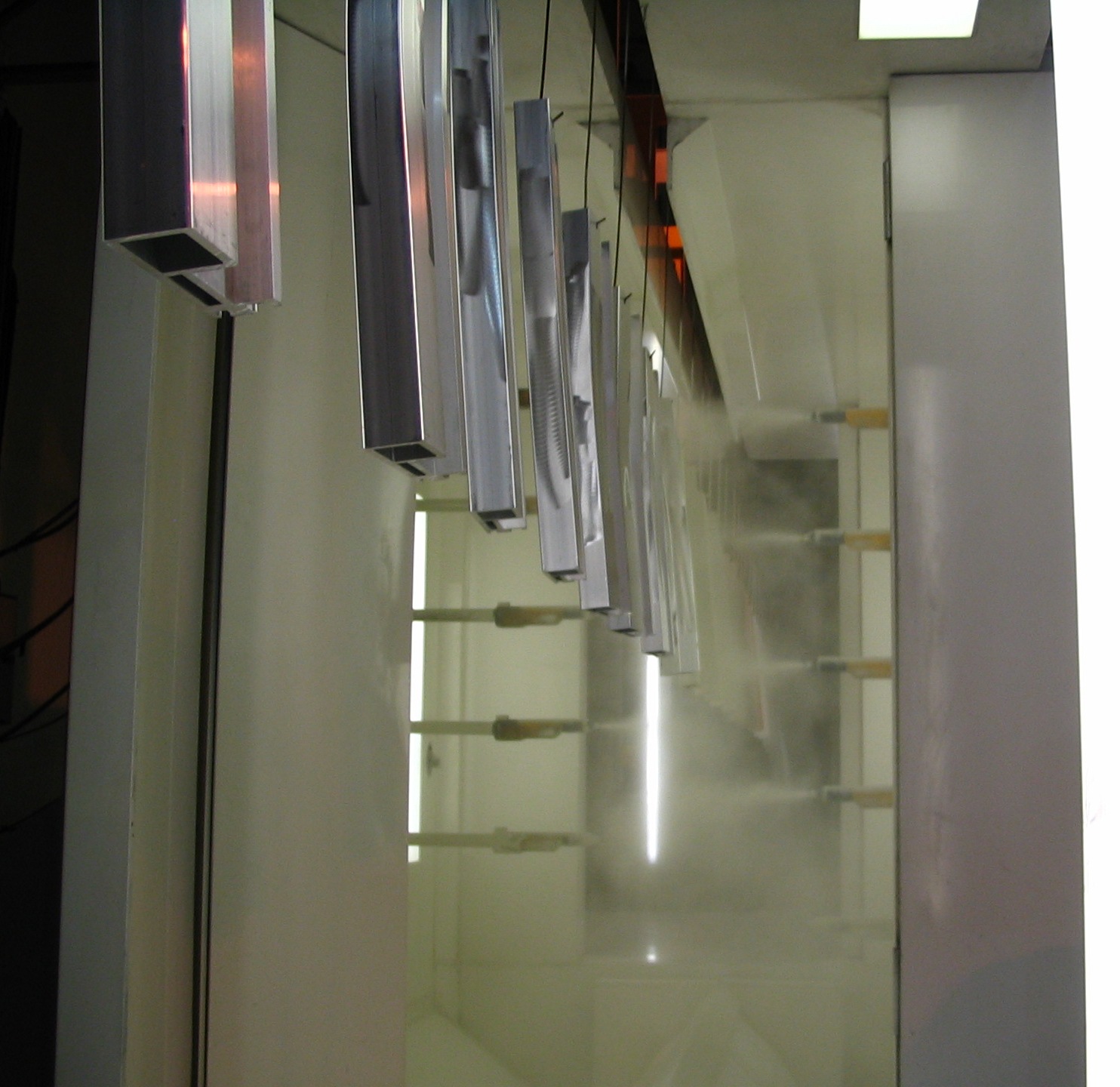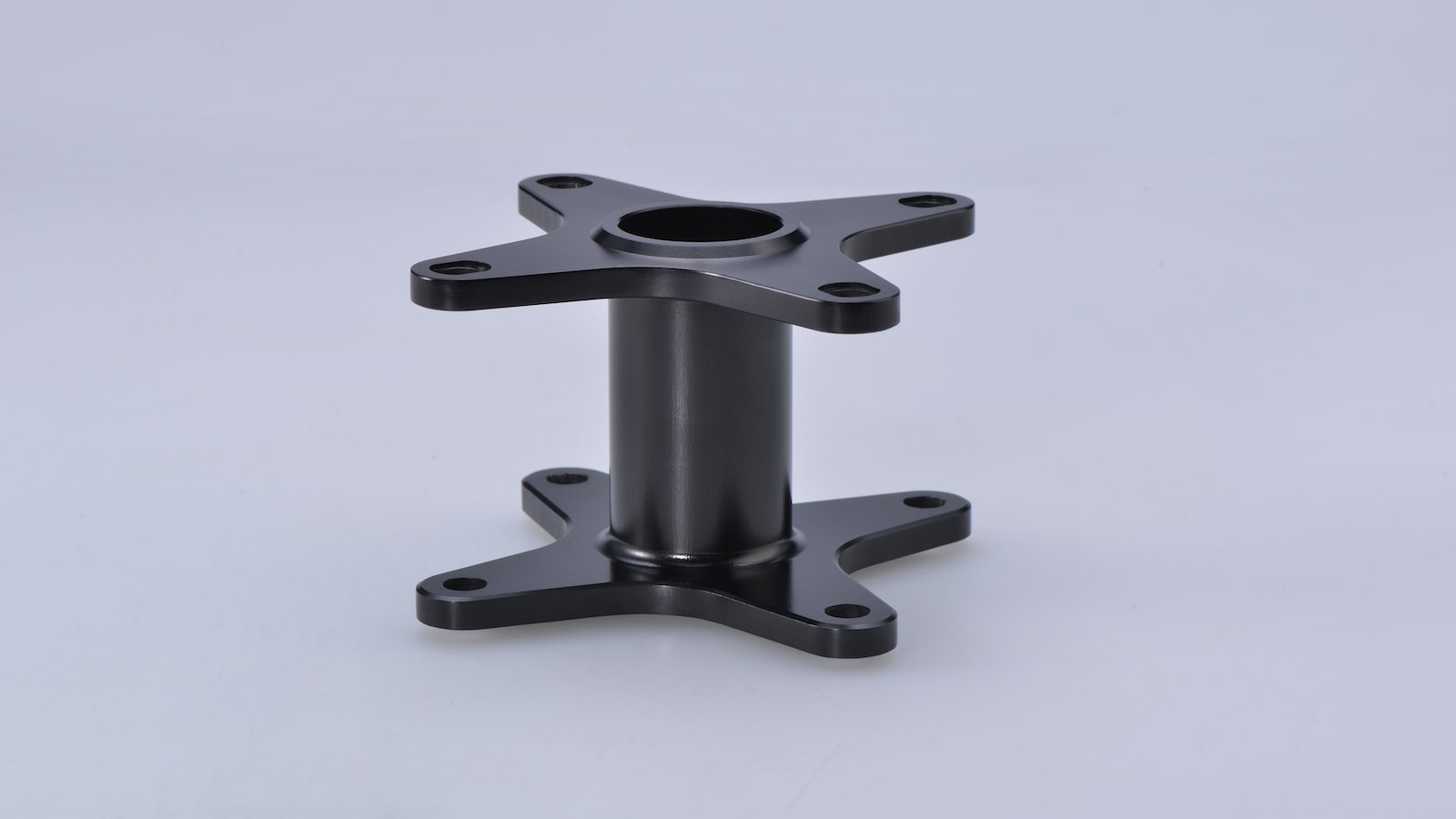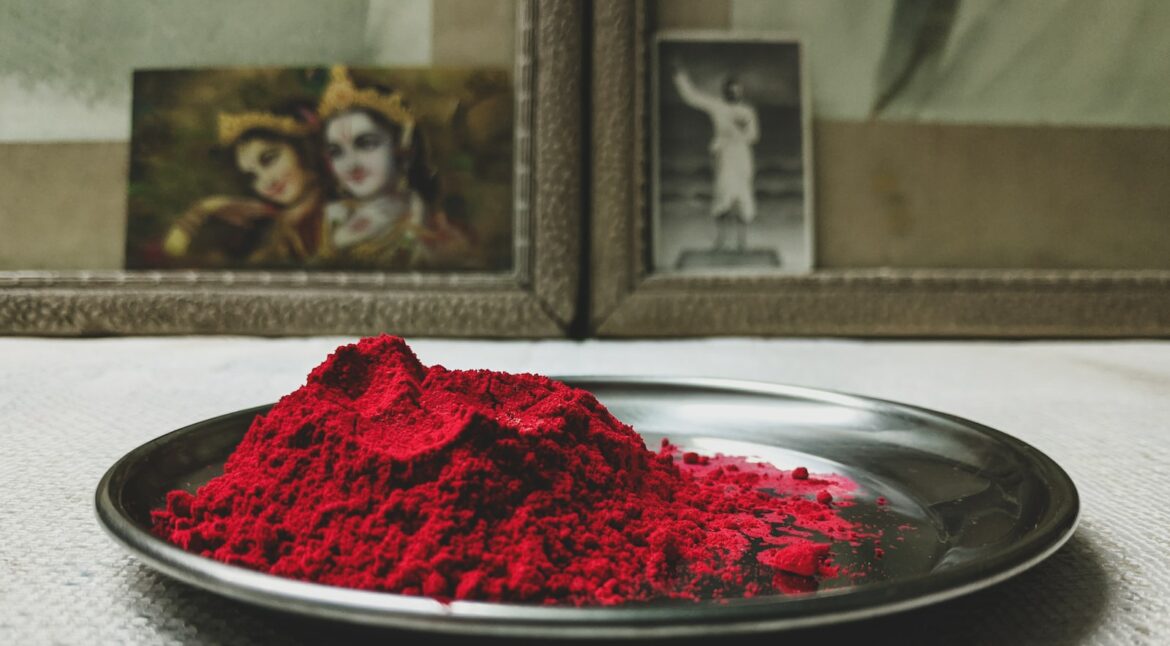Powder Coating Is Superior To Paint For Health
In the realm of coating technologies, where durability, aesthetics, and environmental safety are paramount, powder coating has emerged as a leading choice. This advanced method of applying a protective layer stands in stark contrast to traditional paint application techniques. With an emphasis on health and safety, powder coating offers several advantages over conventional paint, making it an optimal choice for industries concerned about human well-being. In the following article, we will delve into the technical aspects of powder coating, exploring why it surpasses paint when it comes to safeguarding both the environment and the health of individuals working with coated surfaces. By examining the composition, application process, and benefits of powder coating, we aim to shed light on its undeniable superiority in mitigating health risks and maintaining a sustainable coating solution.
Table of Contents
- Benefits of Powder Coating over Paint for Health
- Eco-Friendly and Low VOC Emissions: Why Powder Coating is Safer
- Enhanced Durability and Resistance: Protecting Your Health with Powder Coating
- Recommendations for Choosing Powder Coating for Healthier Living
- Q&A
- Concluding Remarks

Benefits of Powder Coating over Paint for Health
When it comes to choosing a coating for various surfaces, powder coating offers numerous health advantages compared to traditional paint. Let’s delve into some key benefits:
No Volatile Organic Compounds (VOCs)
Powder coating is a dry finishing process that does not involve the use of solvents or any liquid carriers, contributing to its eco-friendly nature. Unlike paint, which contains harmful VOCs, such as benzene and formaldehyde, powder coating releases zero or extremely low levels of VOCs. This reduces potential health risks, as VOCs can lead to respiratory problems, eye irritation, and allergic reactions. By opting for powder coating, you can ensure a healthier environment for both workers and end-users.
Reduced Hazardous Air Pollutants (HAPs)
Additionally, powder coating contains no HAPs, making it an ideal choice for health-conscious individuals. Unlike paint, which releases volatile toxins into the air during application and curing, powder coating emits minimal to no HAPs. This not only reduces exposure to harmful substances but also prevents the release of pollutants into the atmosphere. By prioritizing powder coating, you’re helping to maintain air quality and mitigate potential health risks associated with HAPs.

Eco-Friendly and Low VOC Emissions: Why Powder Coating is Safer
When it comes to eco-friendliness and low VOC emissions, powder coating reigns supreme in the world of surface finishing. Unlike traditional liquid paints, powder coating is a dry finishing process that releases zero or very low volatile organic compounds (VOCs) into the atmosphere. This makes it an ideal choice for environmentally conscious individuals and businesses.
One of the reasons why powder coating is safer in terms of VOC emissions is that it does not require solvents, which are commonly found in liquid paints. Solvents are known to contain harmful chemicals that can have detrimental effects on human health and the environment. By opting for powder coating, you significantly reduce the risk of these chemicals being released into the air. Additionally, traditional liquid paints often require multiple coats, which increases the VOC emissions. Powder coating, on the other hand, provides a more efficient and controlled application, reducing the need for multiple layers and thus minimizing VOC emissions.
- Minimal Waste: Powder coating is known for its high transfer efficiency, which means that the majority of the powder is utilized during the coating process and little is lost as waste. This not only saves cost but also reduces the amount of material that ends up in landfills.
- Recyclability: Another environmentally friendly aspect of powder coating is its ability to be recycled. Oversprayed powder can be collected and reused, reducing the overall environmental impact. Furthermore, there is no hazardous waste generated in the powder coating process.
- Durability and Longevity: Powder coating is renowned for its durability, making it a long-lasting solution that reduces the need for frequent re-coating. This not only saves resources but also minimizes the VOC emissions associated with touch-up paint applications.
When it comes to choosing a surface finishing method, powder coating stands out as the safer and more eco-friendly choice due to its low VOC emissions and minimal impact on the environment. With its efficient application, recyclability, and long-lasting results, powder coating proves to be a sustainable option for individuals and businesses looking to make a positive impact on the planet.

Enhanced Durability and Resistance: Protecting Your Health with Powder Coating
When it comes to safeguarding your health, choosing a coating that not only offers enhanced durability but also exceptional resistance is crucial. Powder coating is a cutting-edge solution that surpasses traditional paint finishes in terms of performance and health benefits. With its unique formulation and application process, powder coating provides a tough and long-lasting layer of protection on a variety of surfaces, ensuring the longevity of your possessions.
Here are some key features that make powder coating an excellent choice for health-conscious individuals:
- Chemical Resistance: Powder coating exhibits exceptional resistance against various chemicals, such as solvents and corrosive substances. This ensures that your coated surfaces remain intact and unaffected, guarding you from potential health hazards.
- Impact Resistance: The robustness of powder coating allows it to withstand high impact and resist chipping, peeling, or cracking. This level of durability not only protects your health by preventing potential injury from sharp edges but also ensures that the protective coating remains intact over time.
- UV Stability: Unlike traditional paint finishes, powder coating offers superior UV stability, making it highly resistant to fading, discoloration, or degradation caused by prolonged exposure to sunlight. This not only preserves the aesthetics of your coated items but also prevents the release of harmful substances that may compromise your health.
- Resistance to Moisture: Powder coating provides an effective barrier against moisture, preventing the development of rust, corrosion, and mold on surfaces. By inhibiting the growth of these potentially harmful elements, powder coating contributes to maintaining a healthy environment.
By choosing powder coating, you are not only investing in the long-term protection of your belongings but also in the well-being of yourself and those around you. Its remarkable durability, resistance to chemicals, impacts, UV rays, and moisture make it an ideal choice for health-conscious individuals who prioritize their safety and peace of mind.

Recommendations for Choosing Powder Coating for Healthier Living
When it comes to selecting a powder coating for a healthier living environment, there are certain factors that should be considered. Here are some key recommendations to keep in mind:
- Choose Low-VOC Formulas: Volatile Organic Compounds (VOCs) can have harmful effects on air quality and human health. Opt for powder coatings that have lower VOC content to minimize any potential risks.
- Prioritize Non-Toxic Options: Ensure that the powder coating you select is free from toxic chemicals such as lead, mercury, or other heavy metals. This is particularly important if the coating will be used on surfaces that come into direct contact with food or human skin.
- Consider Certifications: Look out for powder coatings that have been certified as environmentally friendly or health-conscious by reputable organizations such as Green Seal or the EcoLogo Program. These certifications provide assurance of the coating’s safety and compliance with relevant standards.
- Opt for UV Resistance: Powder coatings that offer UV resistance can extend the lifespan of the coated surfaces, reducing the need for frequent maintenance and potential exposure to harmful weathering agents.
By adhering to these recommendations, you can make an informed decision and choose a powder coating that not only enhances the aesthetics and durability of your surfaces but also promotes a healthier living environment for you and your loved ones.
Q&A
Q: What is powder coating?
A: Powder coating is a dry finishing process that involves applying a free-flowing, electrostatically charged powder to a substrate. The powder is then cured under heat to form a protective layer that adheres to the surface.
Q: How does powder coating differ from traditional paint?
A: Unlike paint, which is a liquid that dries and forms a film on the surface, powder coating is a solvent-free process. It involves no volatile organic compounds (VOCs), and powder particles do not require drying time, resulting in a faster and more efficient application.
Q: Is powder coating considered superior to paint for health-related reasons?
A: Yes, powder coating is generally considered to be superior to traditional liquid paint when it comes to health concerns. The absence of VOCs in powder coatings significantly reduces the emission of harmful air pollutants during and after the coating process.
Q: Are there any specific health benefits associated with powder coating?
A: Yes, there are several health benefits associated with powder coating. Firstly, as it doesn’t require solvents or thinners, it eliminates the risk of inhaling toxic fumes commonly associated with paint. Additionally, the reduced emission of VOCs contributes to improved air quality, making it a safer choice for both workers and the environment.
Q: What about the durability of powder coating compared to paint?
A: Powder coating offers superior durability when compared to paint. The cured powder coating provides a hard and resilient finish that is highly resistant to scratches, chipping, fading, and corrosion. This increased durability ensures a longer lifespan for the coated product and reduces the need for frequent refinishing or touch-ups.
Q: Does powder coating require any additional safety precautions during application?
A: While powder coating is generally safer than traditional paint, appropriate safety precautions should still be taken. This includes wearing personal protective equipment such as gloves, goggles, and respirators when handling powders, as well as working in well-ventilated areas to minimize inhalation exposure.
Q: Can powder coating be applied to a wide range of materials?
A: Yes, powder coating can be applied to a wide variety of materials, including metals, plastics, ceramics, and even wood. It provides excellent adhesion and coverage, ensuring a uniform and attractive finish on almost any surface.
Q: Are there any limitations or disadvantages to using powder coating?
A: Although powder coating offers numerous advantages, there are some limitations to consider. Powder coatings may not be suitable for intricate designs or objects with sharp edges, as they can be challenging to coat evenly. Additionally, color choices may be more limited compared to traditional paint as obtaining certain shades or finishes may be challenging.
Q: Overall, is powder coating a safer and superior alternative to traditional paint?
A: Yes, based on its lower content of harmful substances, improved air quality, durability, and ecological advantages, powder coating presents itself as a safer and superior alternative to traditional paint in various applications.
In Retrospect
In conclusion, powder coating emerges as a clear frontrunner in the realm of surface finishing when it comes to promoting health and safety. With its numerous advantages over conventional paint, the use of powder coating mitigates several risks associated with harmful substances, creating a safer environment for both workers and end users.
Utilizing a dry powder application process, powder coating eliminates the need for toxic solvents and volatile organic compounds (VOCs) commonly found in traditional paint. This key distinction significantly reduces the harmful emissions and potential health hazards, such as respiratory irritations and long-term diseases, commonly associated with painting operations.
Moreover, the efficiency and precision of powder coating techniques further contribute to the health benefits it offers. The electrostatic application of powdered particles ensures superior adhesion and uniform coverage, resulting in a durable and resilient finish. This eliminates the need for frequent touch-ups or repaints, reducing worker exposure to hazardous substances and minimizing maintenance requirements.
Additionally, the absence of liquid carriers in powder coating reduces the risk of leaks, spills, and subsequent contamination risks, safeguarding not only the workforce but also the surrounding environment. By eliminating the release of hazardous waste materials, powder coating proves to be an eco-friendly alternative, aligning with the global sustainability goals.
Furthermore, the versatility of powder coating ensures its applicability across a wide range of sectors, including automotive, industrial, and architectural industries. Its ability to adhere to complex shapes and contours while retaining the desired finish makes it an ideal choice for diverse applications. This adaptability ensures that the health benefits of powder coating extend to countless products and surfaces used by individuals on a daily basis.
In summary, the adoption of powder coating as a superior alternative to paint validates its significant advantages in promoting health and safety. From reducing toxic emissions and eliminating hazardous waste to providing a resilient, long-lasting finish, powder coating surpasses traditional paint techniques in enhancing overall well-being. As demands for safer and more sustainable options continue to rise, embracing powder coating as the preferred surface finishing method becomes an evident choice for a healthier and safer future.

